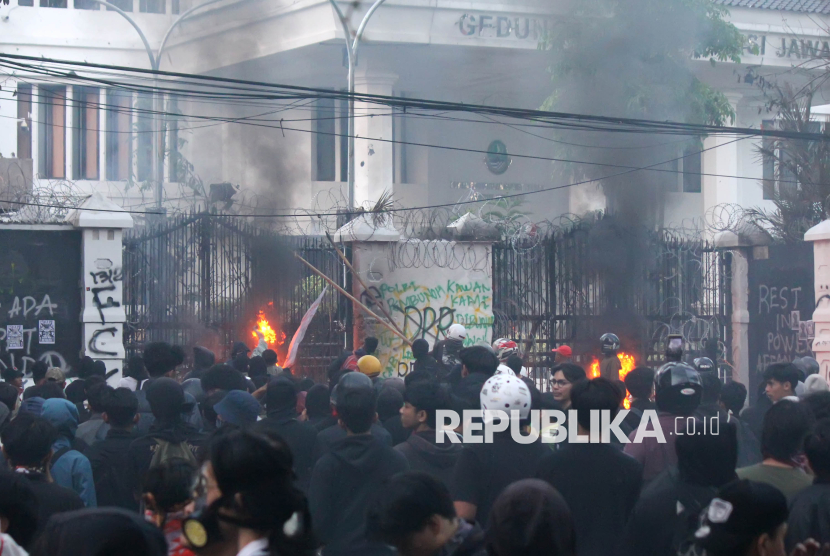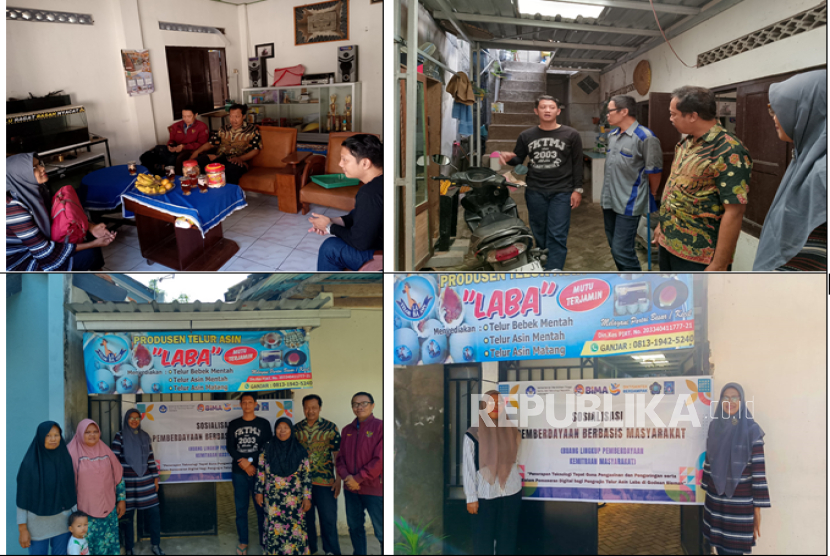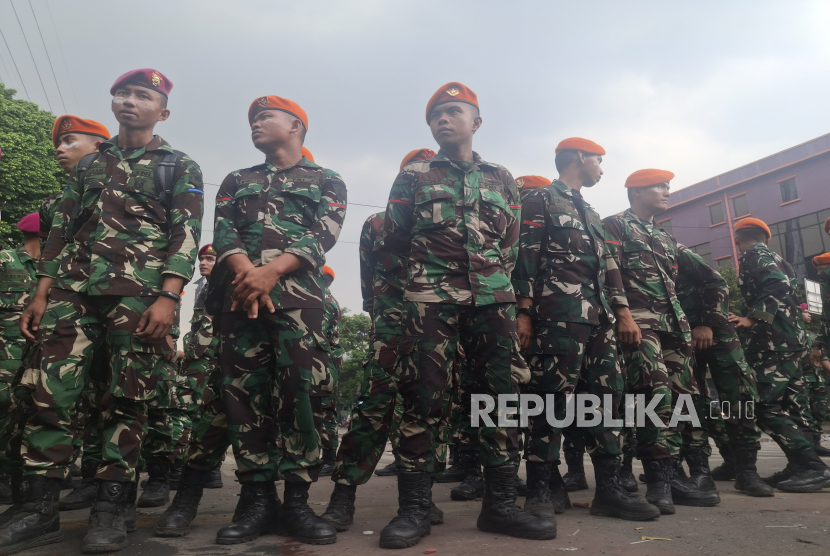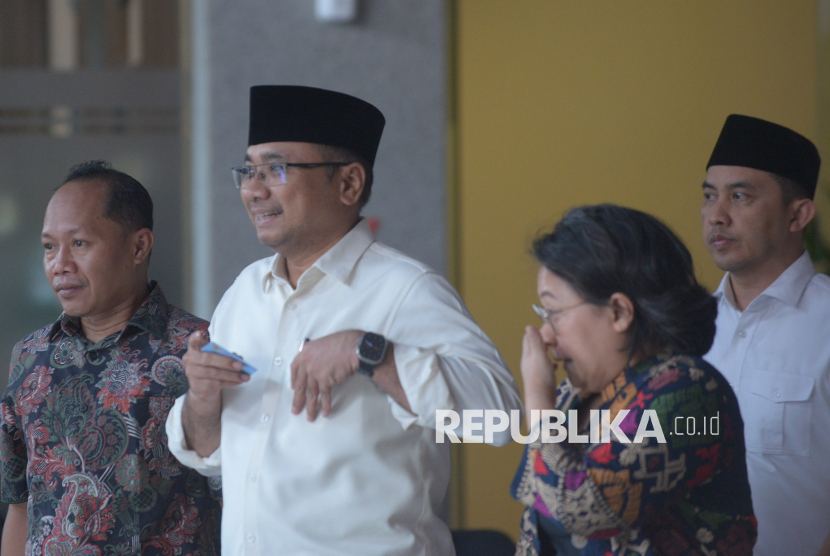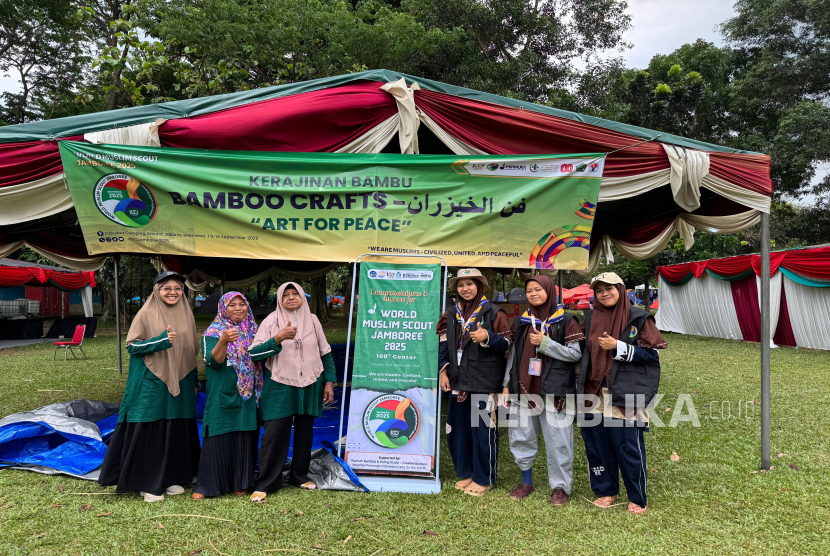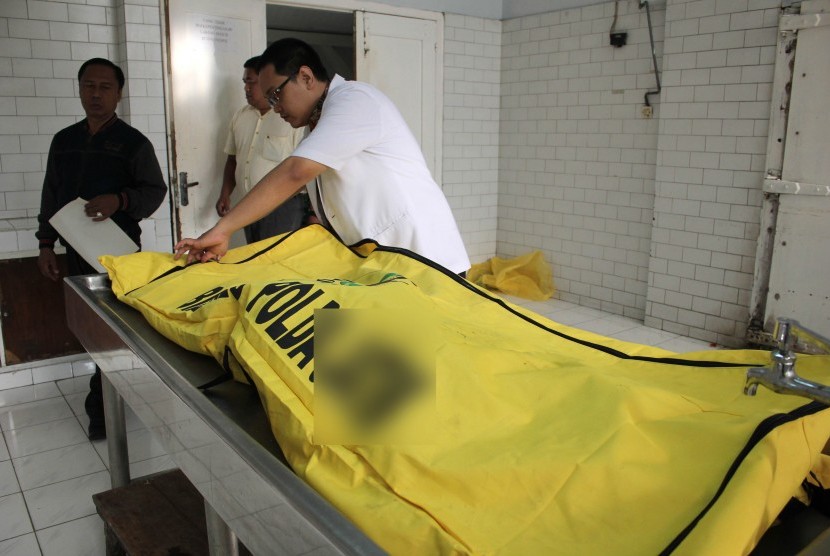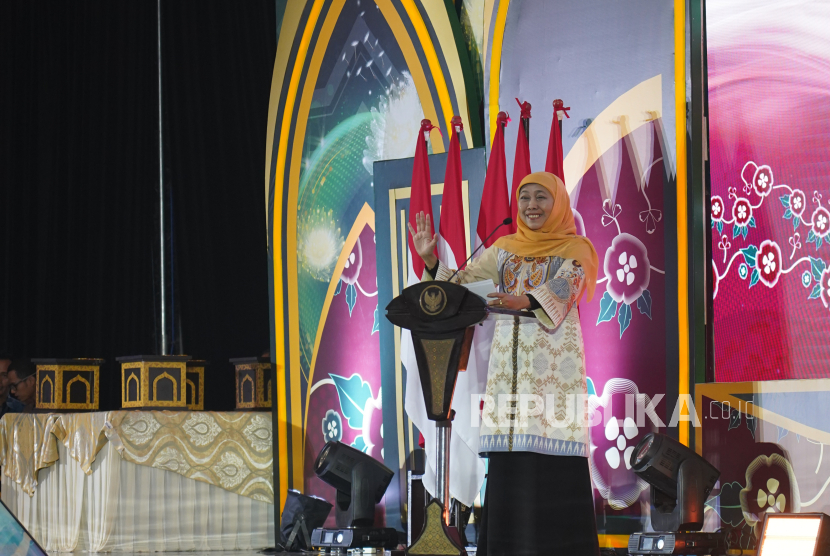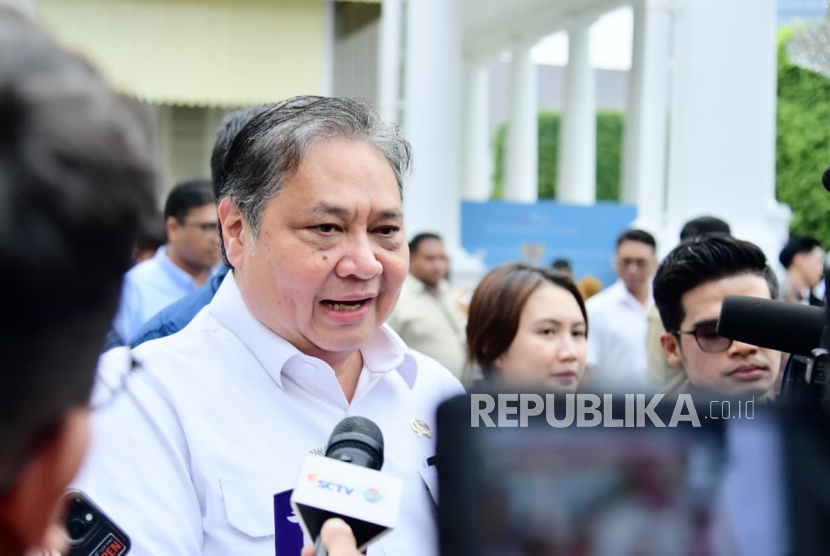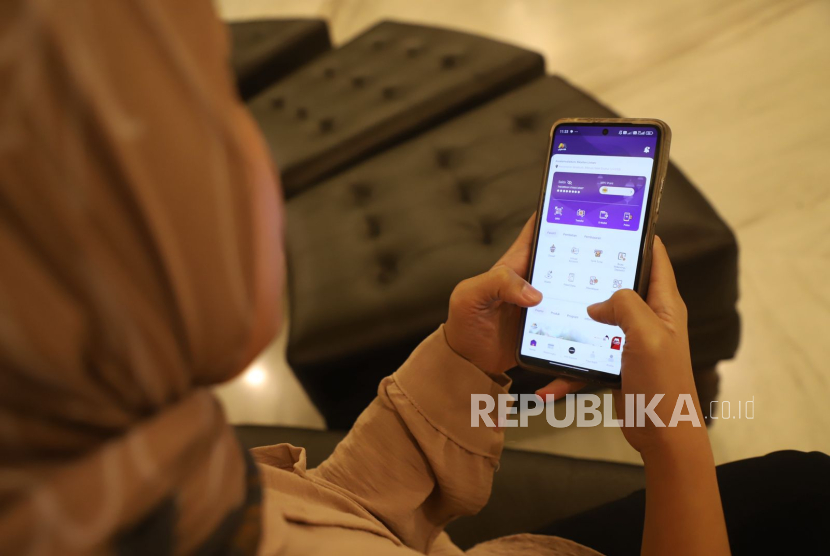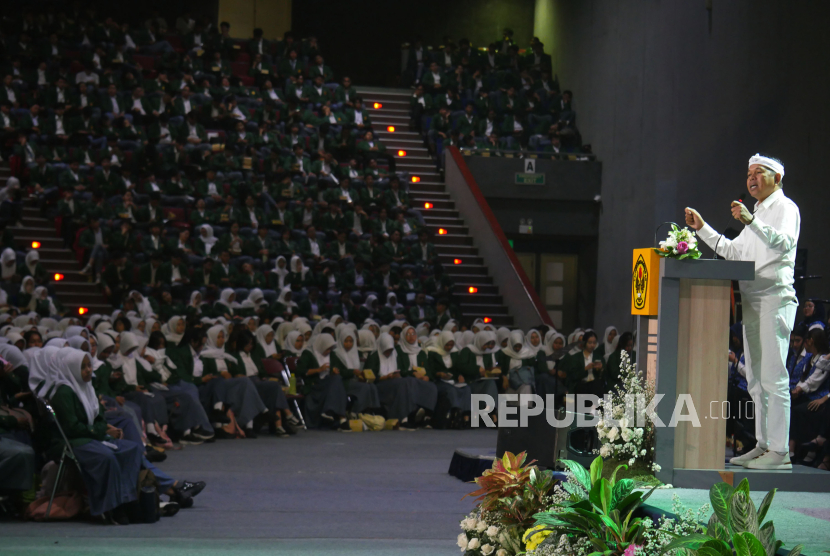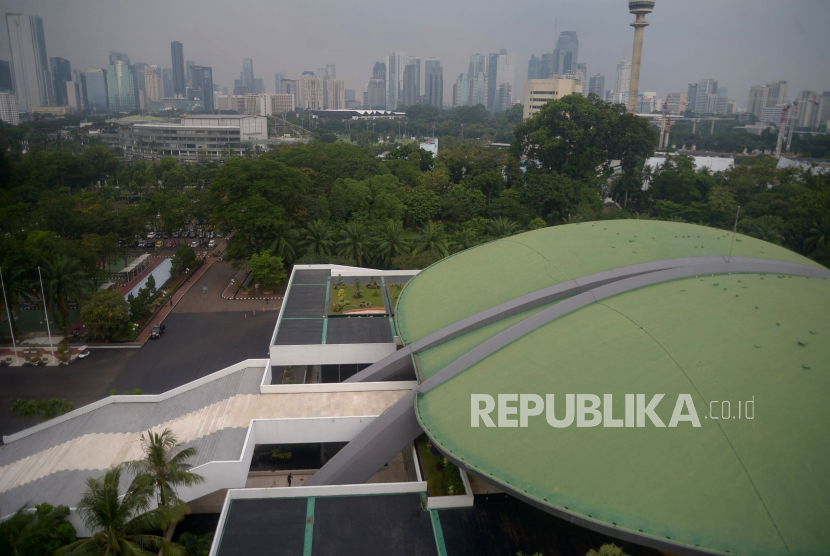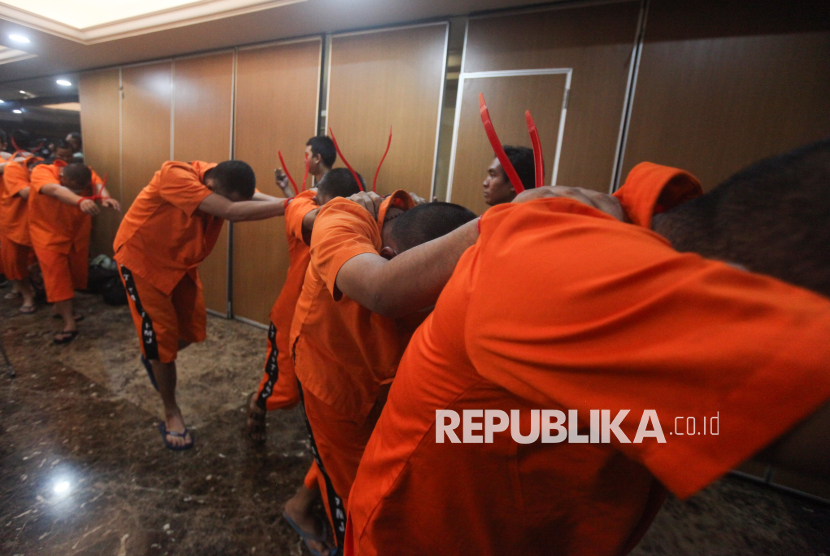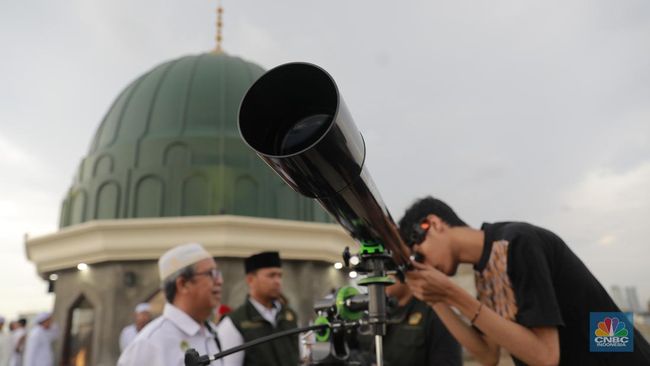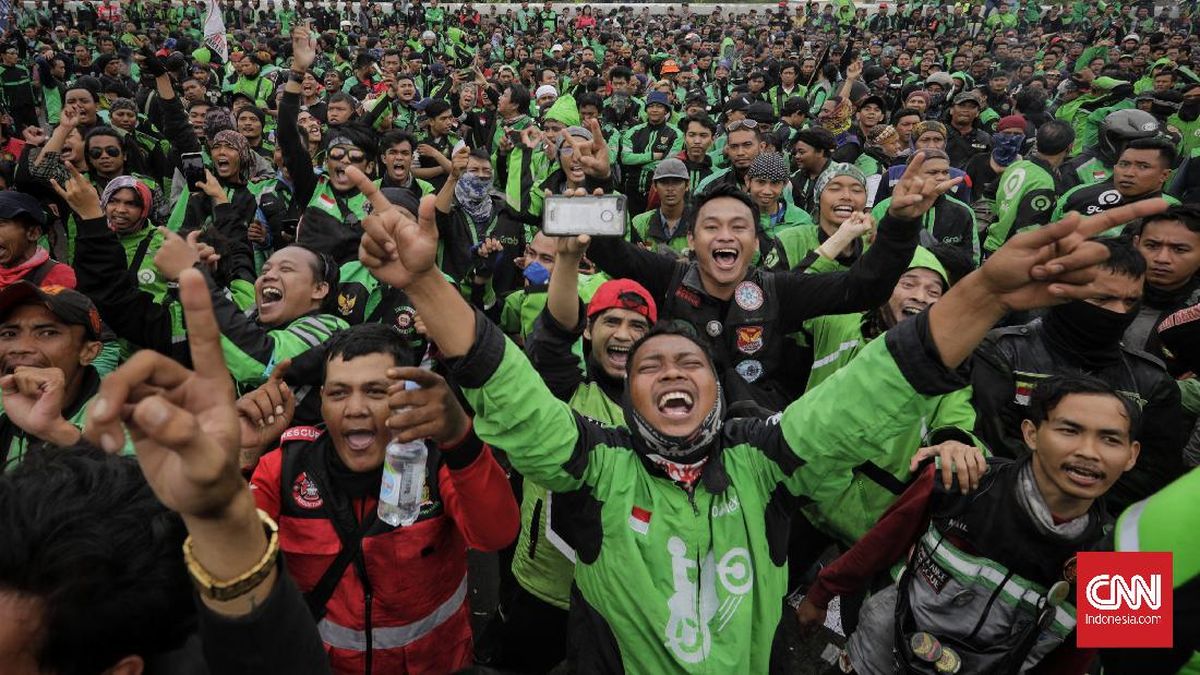REPUBLIKA.CO.ID, JAKARTA -- The Rector of Paramadina University, Didik Junaidi Rachbini criticized the move by Finance Minister Purbaya Yudhi Sadewa to transfer Rp 200 trillion of government funds in Bank Indonesia (BI) to Himpunan Negara Bank (Himbara).
The Rp 200 trillion fund was divided into Rp 55 trillion each to Bank Mandiri, BRI, and BNI. Then, BTN got Rp 25 trillion and BSI Rp 10 trillion. Didik considers that the placement of such funds violates the constitution and several laws (laws) in force.
“The spontaneous policy of transferring the state budget of Rp 200 trillion to banks and then going to credit companies, industries or individuals is a policy that violates the procedures regulated by the State Finance Act and the State Budget Act, which are based on the Basic Law,” Didik said in a press release to Republika in Jakarta, Monday (15/9/2025).
He emphasized that the process of preparation, determination, and allocation of the State Budget is governed by three things. First the 1945 Constitution Article 23, next the Law (Law) Number 17 of 2003 on State Finance, and lastly the State Budget Act every year. Those rules are official procedures and rules of civil procedure that must be enforced.
“Because the state budget goes into the public sphere. The state budget is not a private budget or a company budget,” Didik said.
Didik that also the senior Indef economist said that the correct policy process must be run according to the rules of the game. Because, otherwise, in the future it will be a precedent for the public budget to be used as it were, as I do, and at the will of its officials individually.
“The allocation of the state budget cannot be executed by ministerial order or by order of the President even. The officials of the country must obey the rules of carrying out policies according to the government work plan (RKP), which comes from the ministries/agencies and local governments. There is no sudden program coming up in the middle of everything it wants,” Didik explained.
According to Didik, the regularly drafted programs are in the financial memorandum formally submitted by the government to Parliament. Since the state budget is a public domain, he added, the political process through legislation should be run jointly by Parliament with discussions in each commission with ministers and budget bodies.
“Any program that runs the state budget does not go through the legislative process is a violation of the constitution. If there are new policies and programs using the budget, then the policy is only the will of individual officials and there is no legislative process, then this indicates a violation of the constitution and state laws,” Didik said.
He stressed that every rupiah from the state budget must pass discussion with Parliament. It was based on the agreed assumptions that the commissions discussed the K/L allocation, and the Budgetary Agency formulated the final outcome of the discussion, to be approved by Parliament in full session.
After passing such a legislative process, Didik said, the country's budget could be allocated for implementation in sectors by ministries/agencies and in regions by local governments.
“This is the legitimate process of the government program that involves the allocation of the state budget. It cannot pass the decision of the minister or the governor's decree,” Didik said.

 3 hours ago
1
3 hours ago
1
